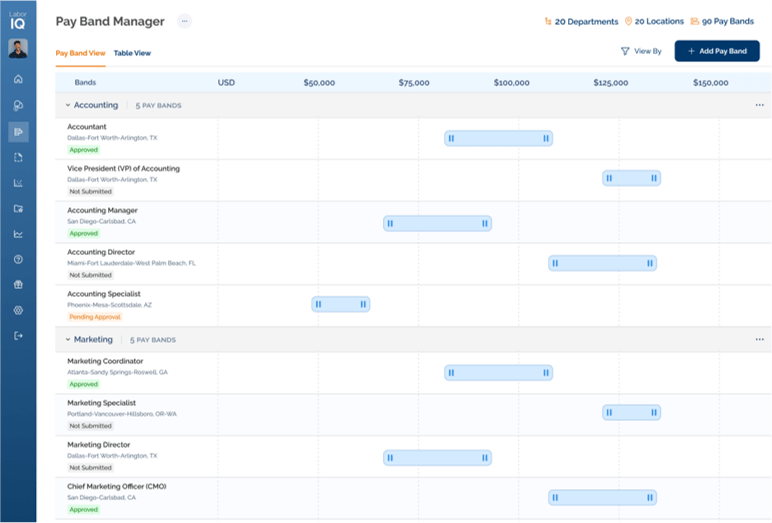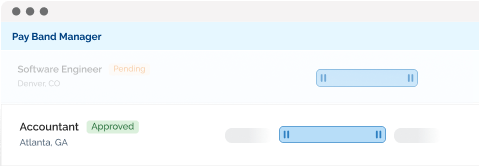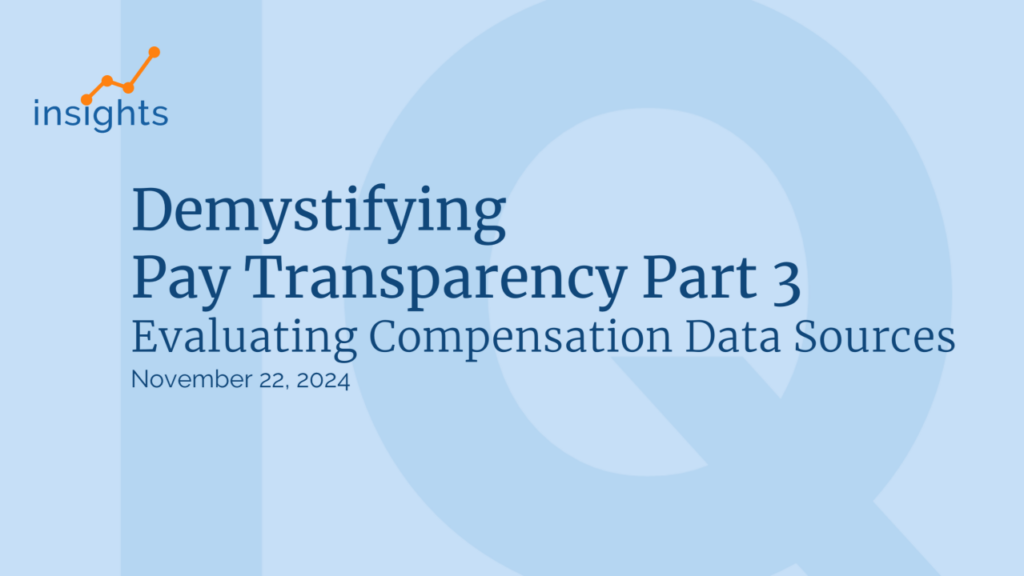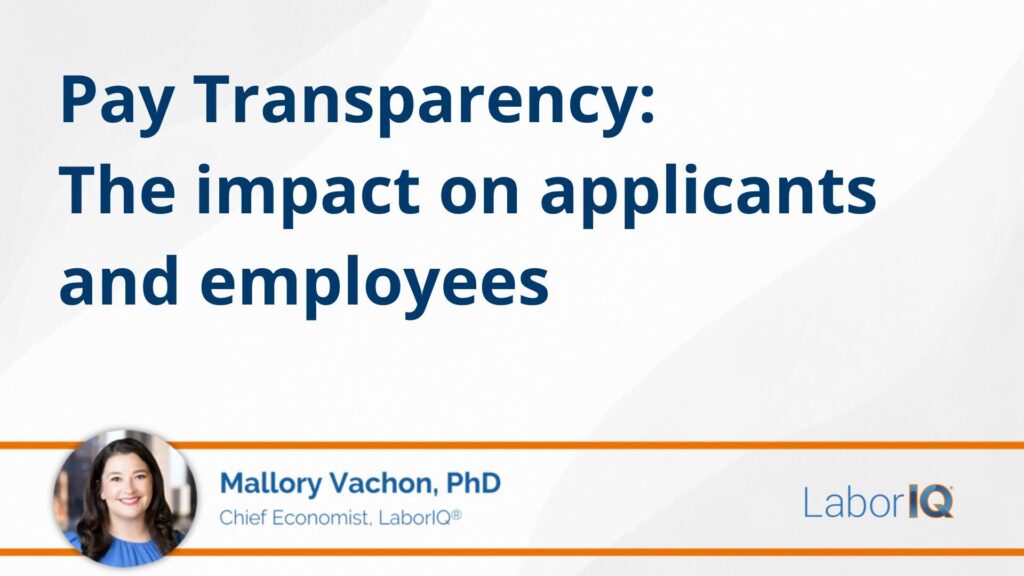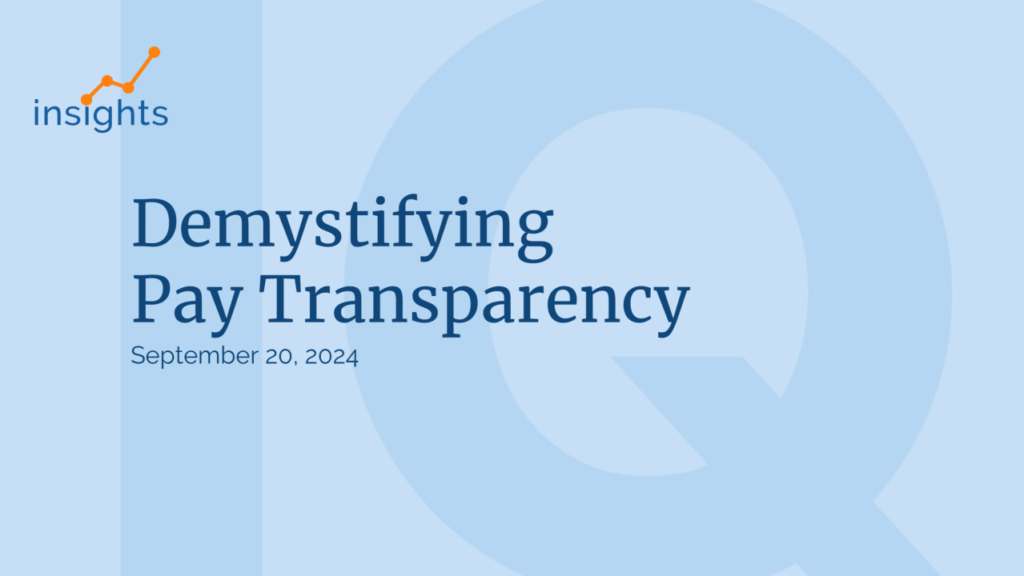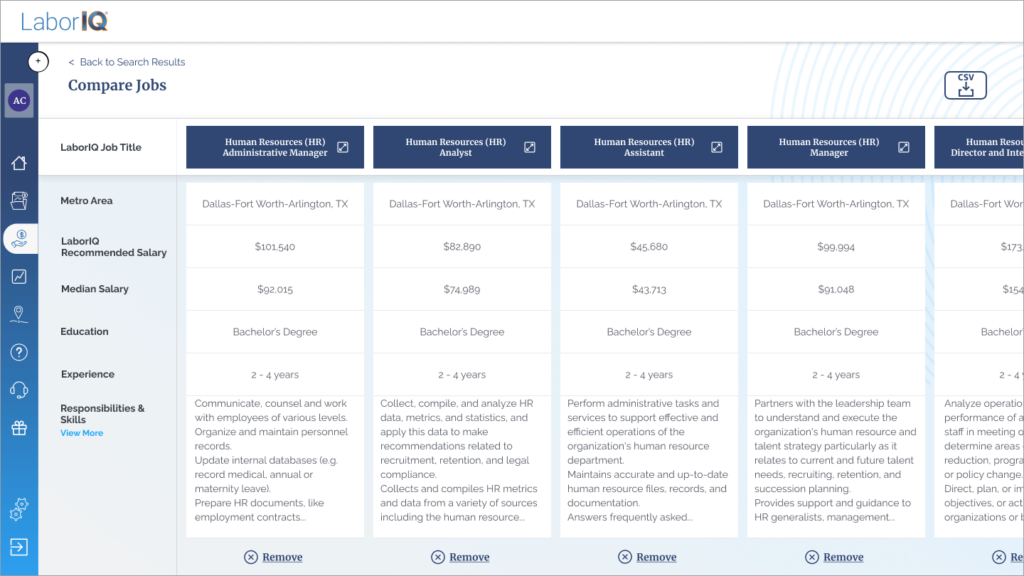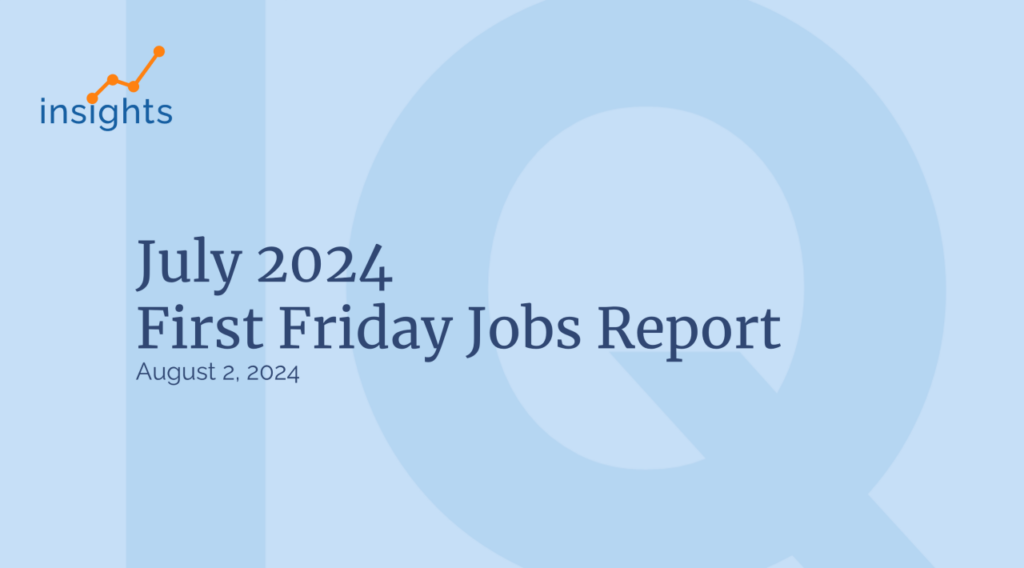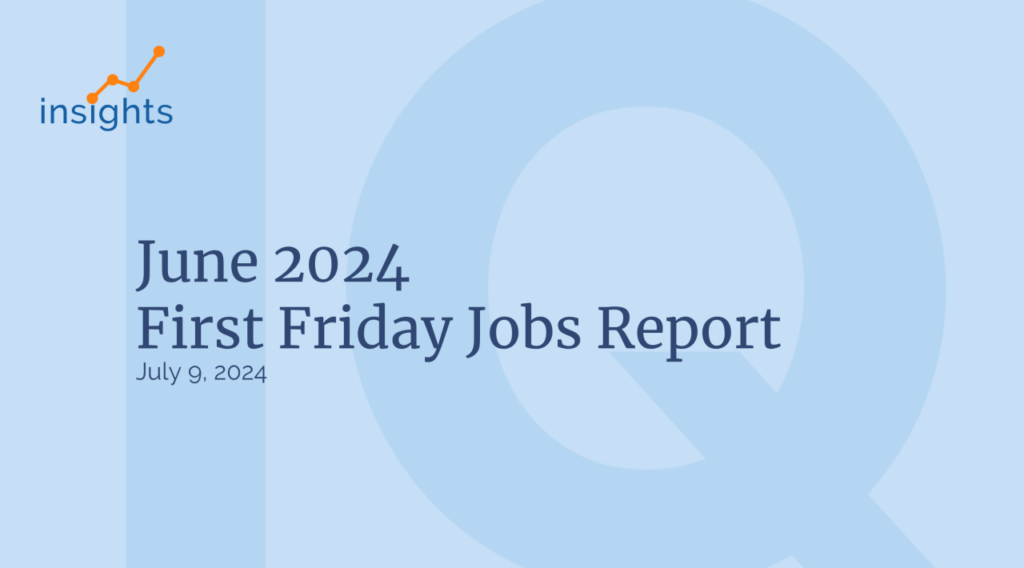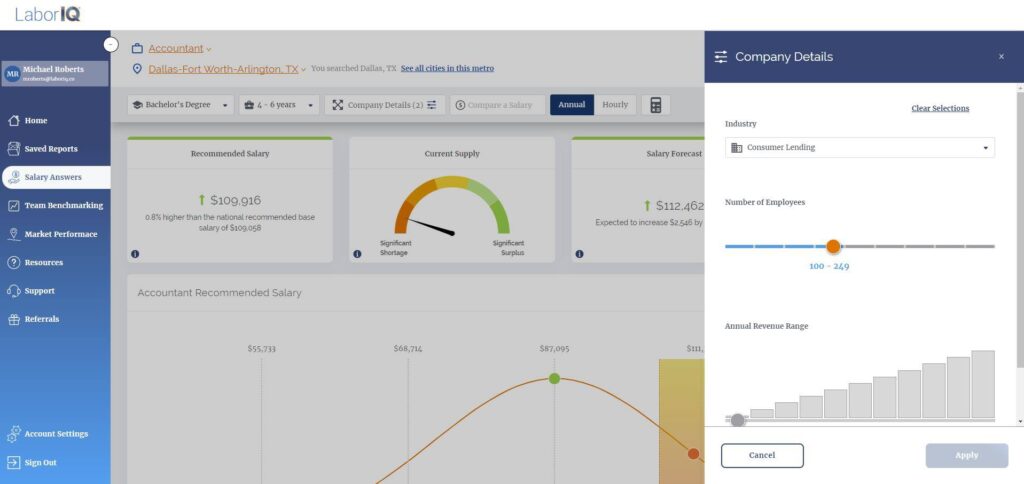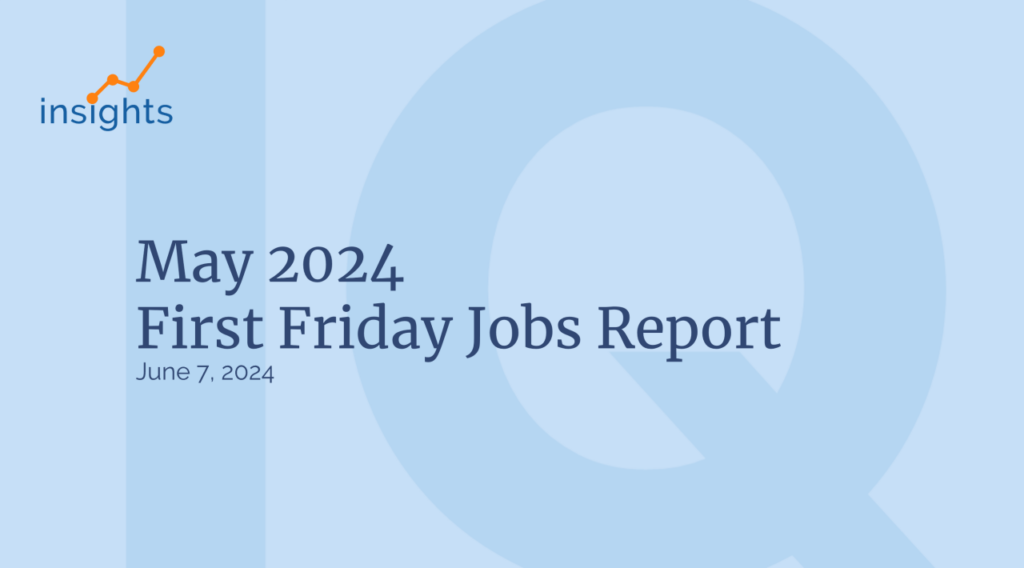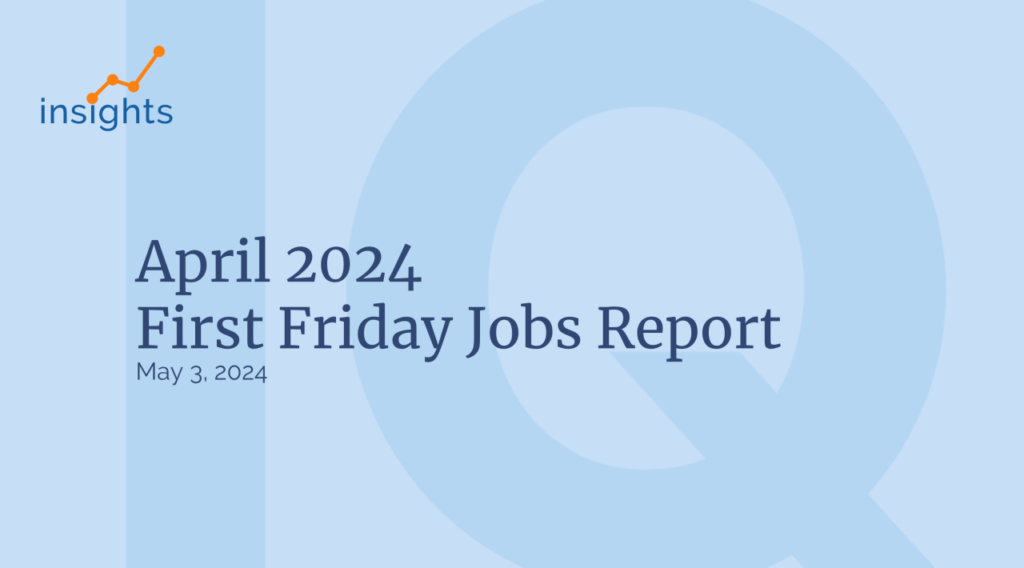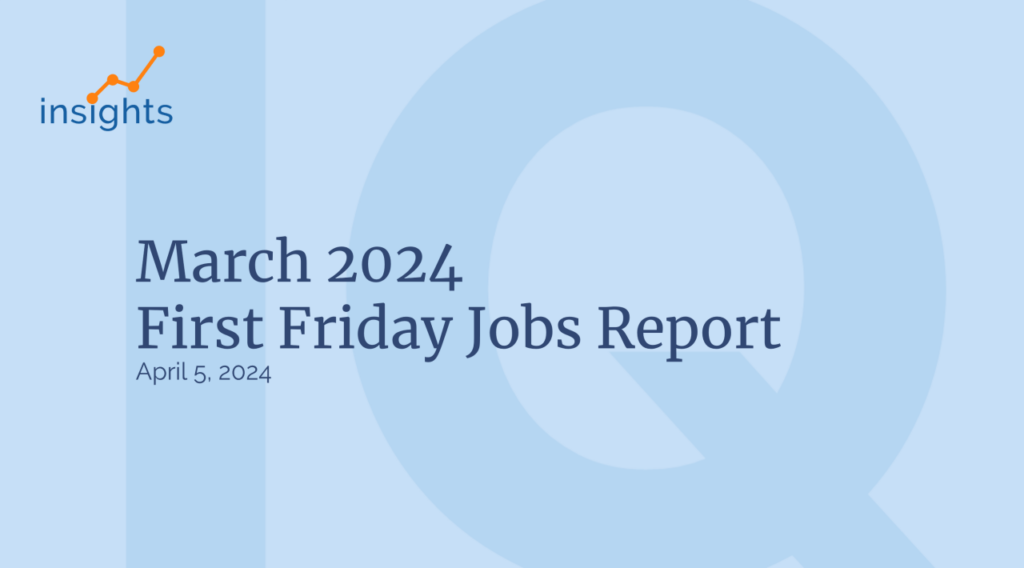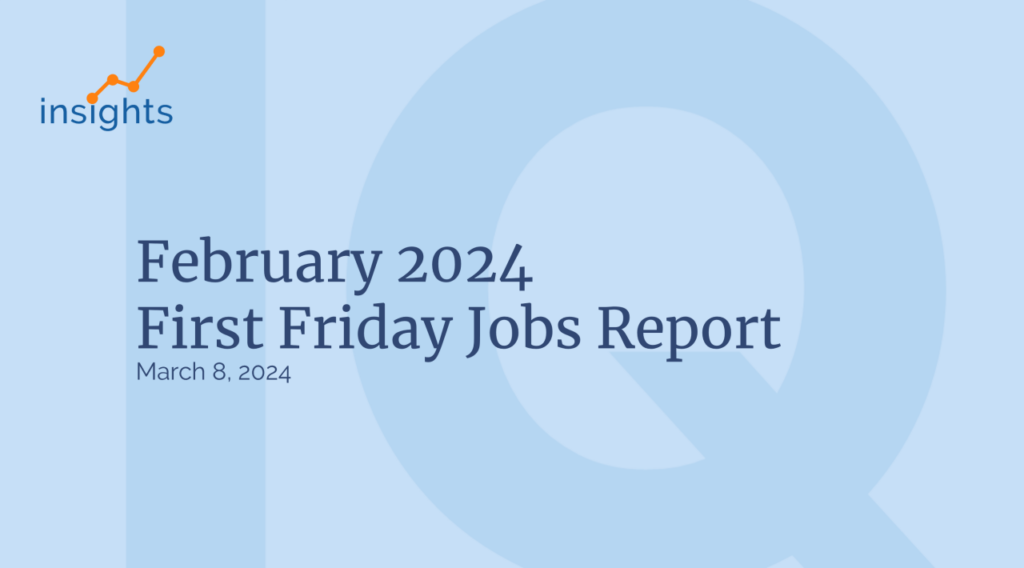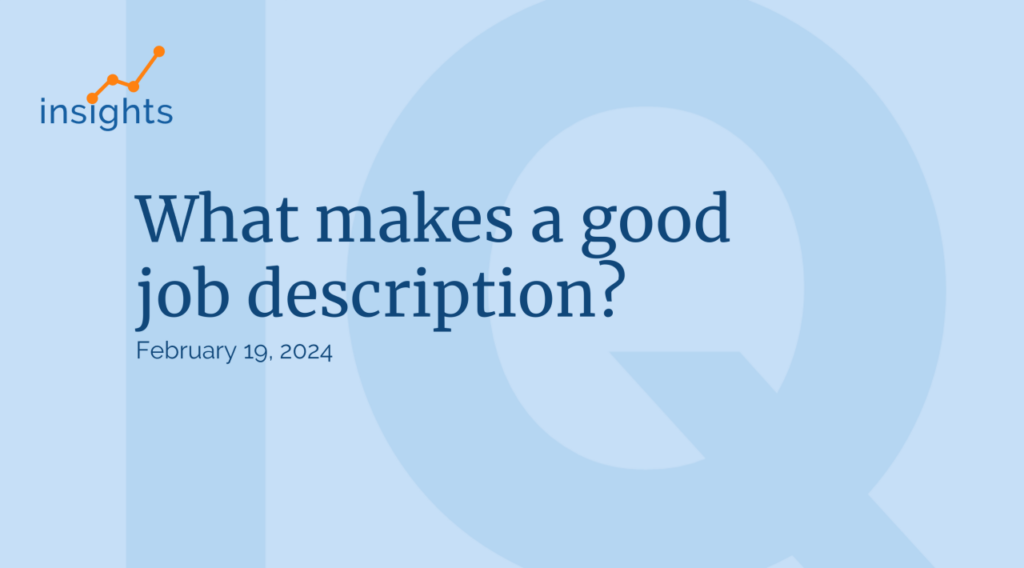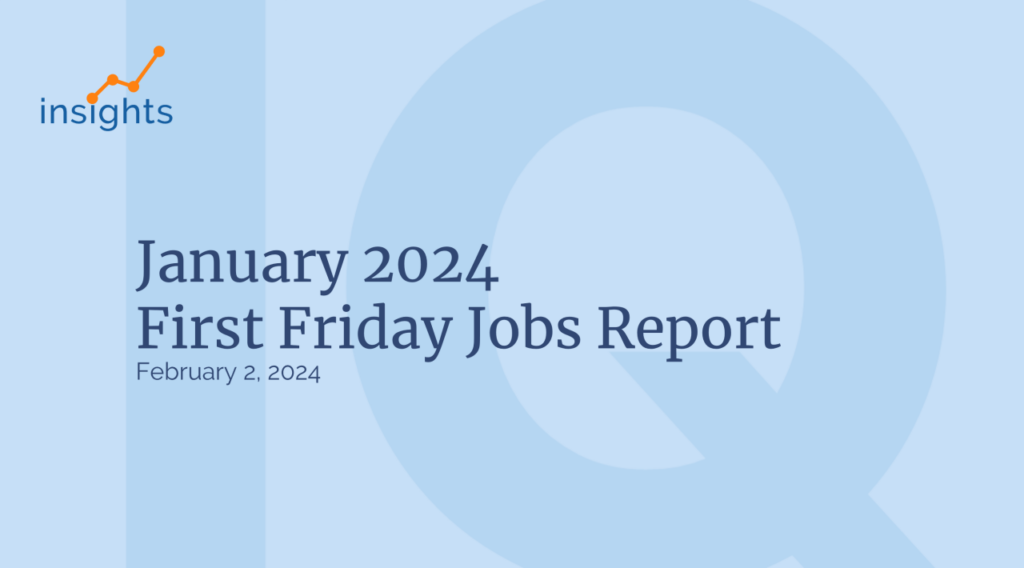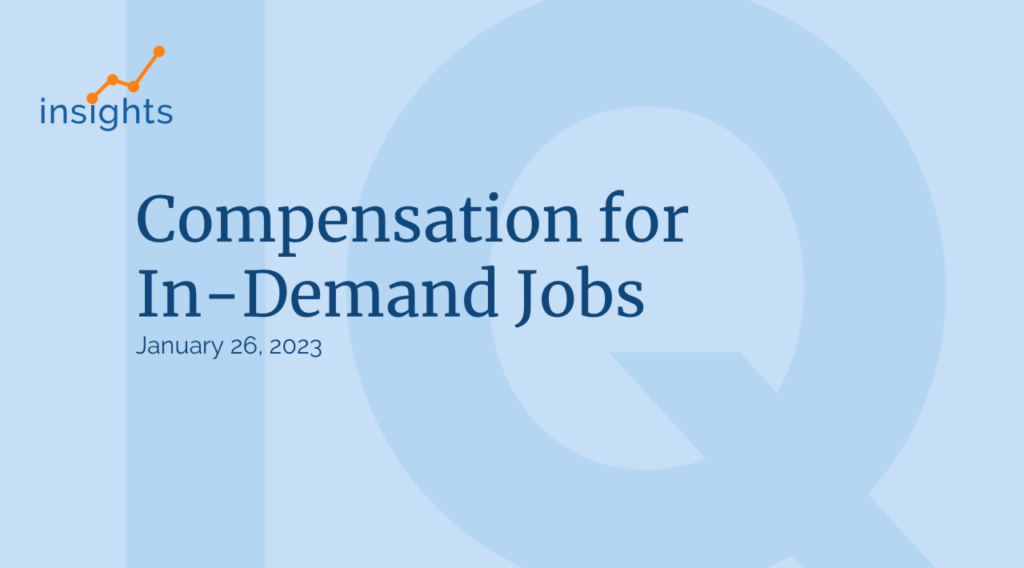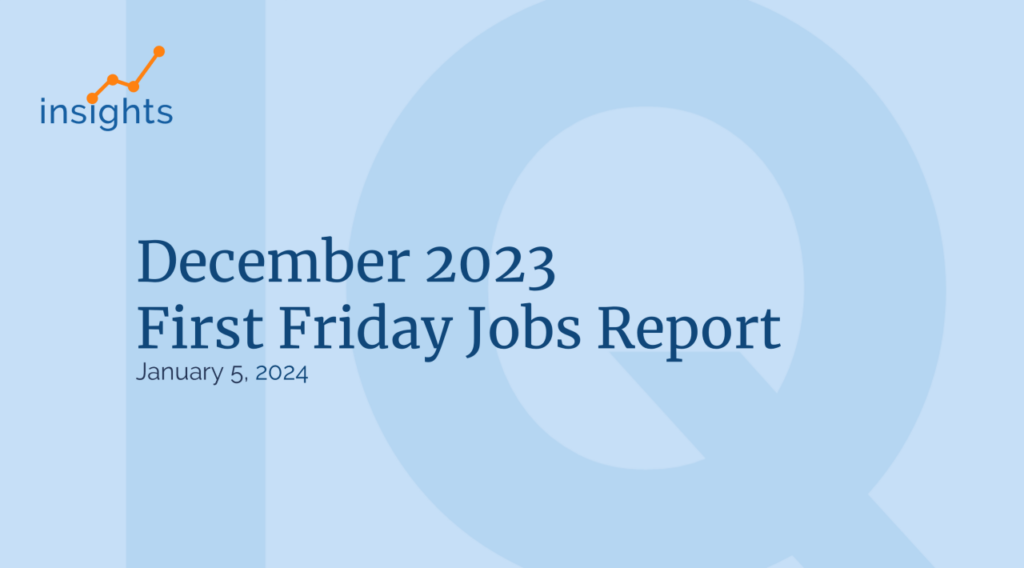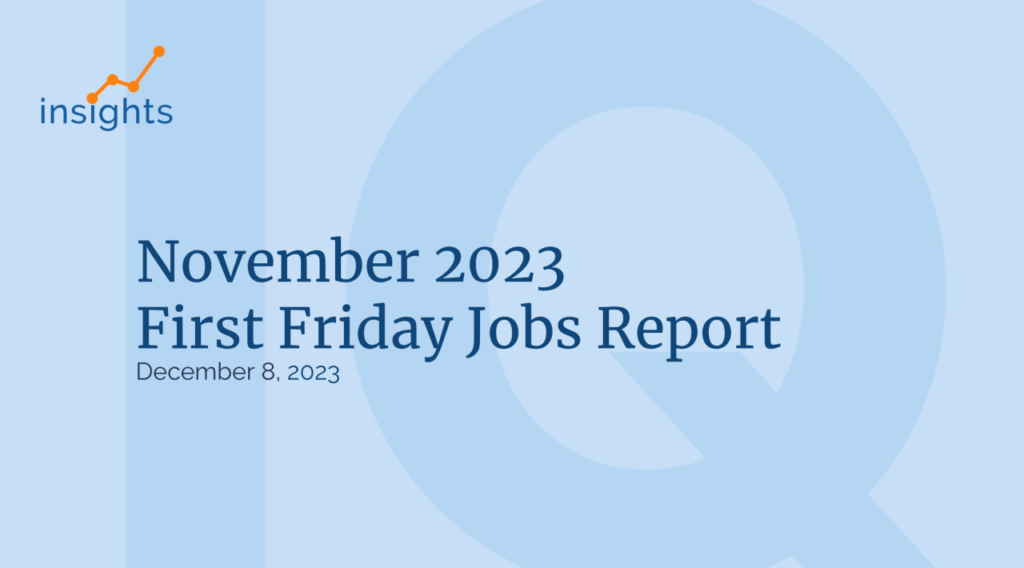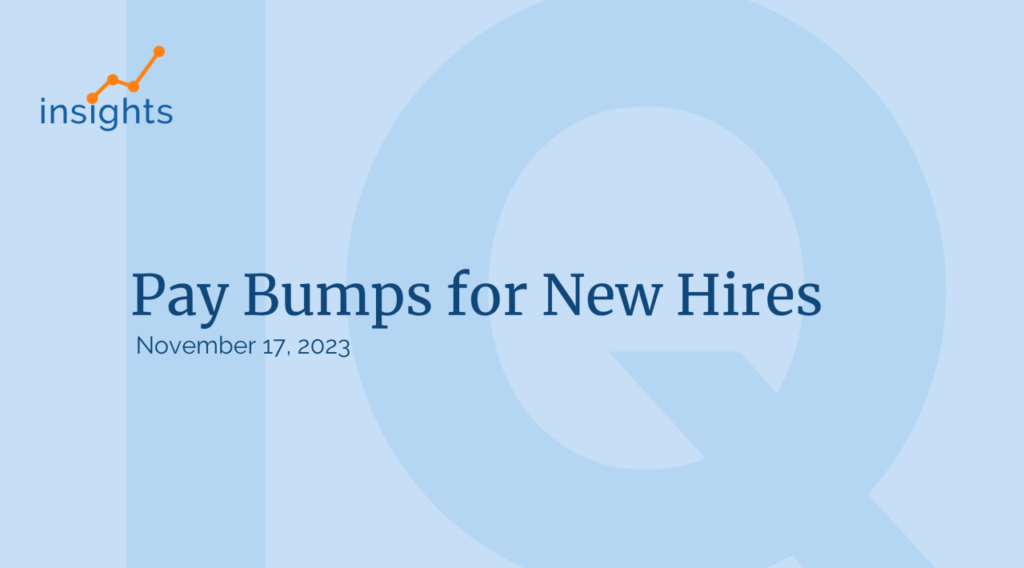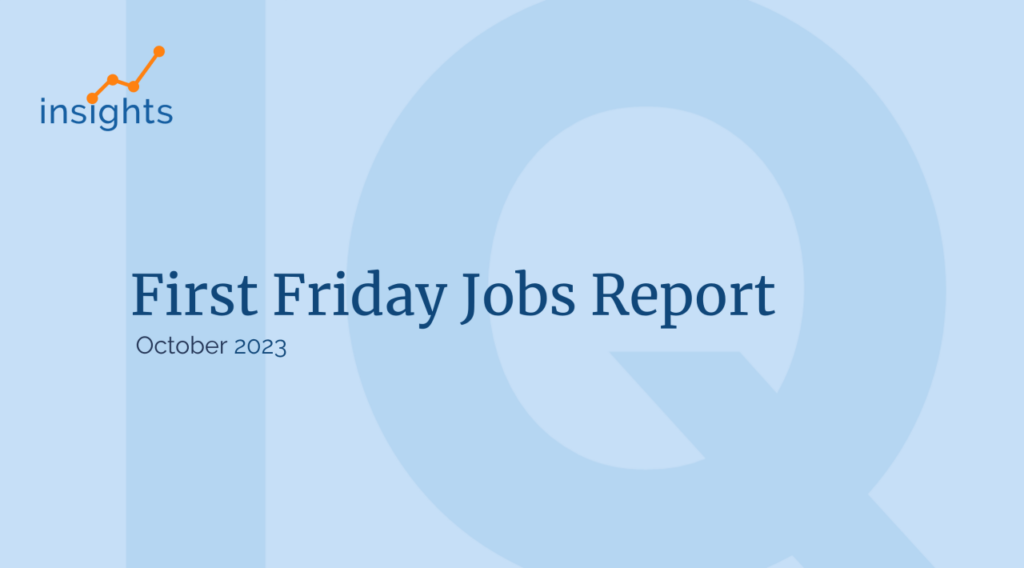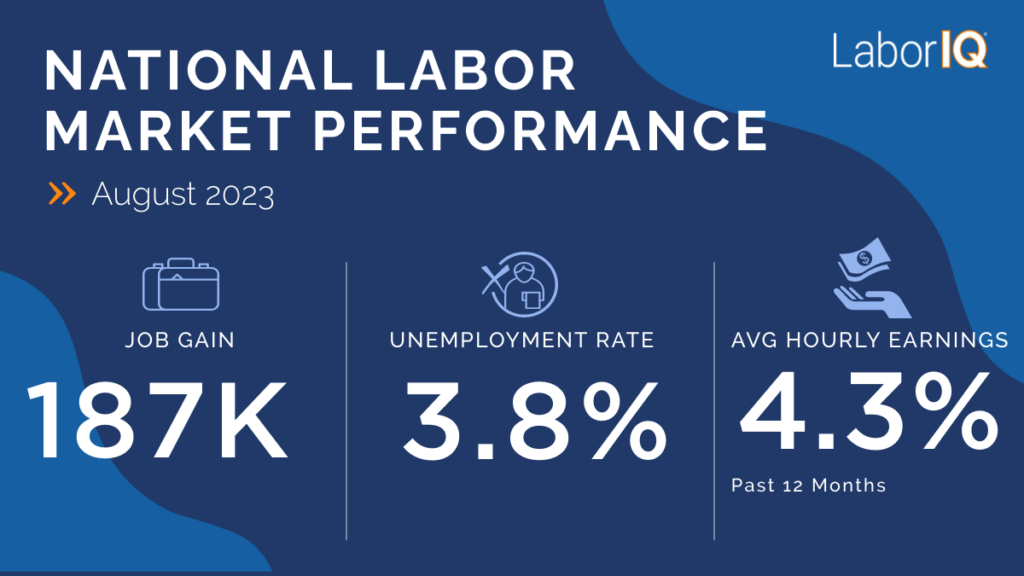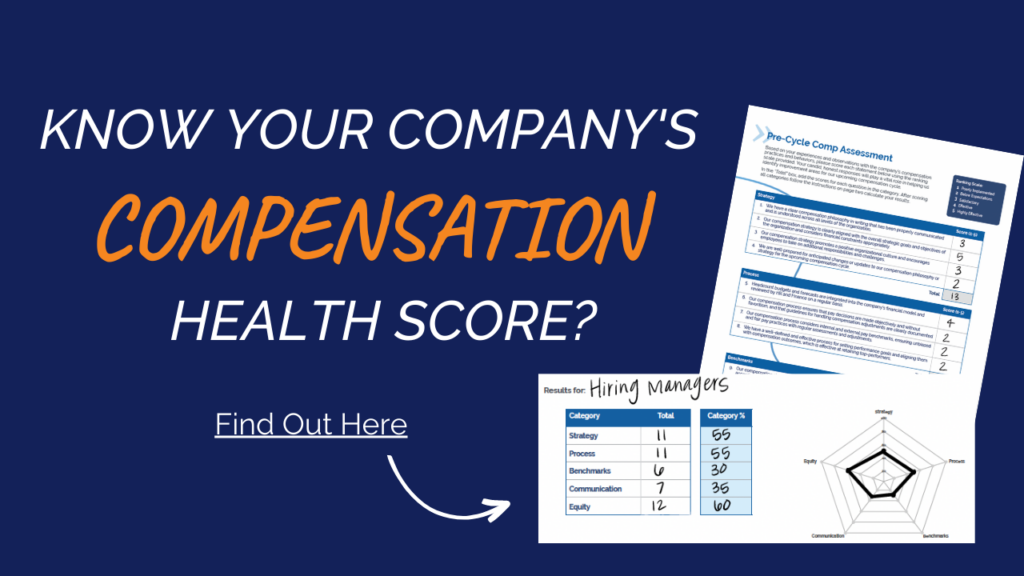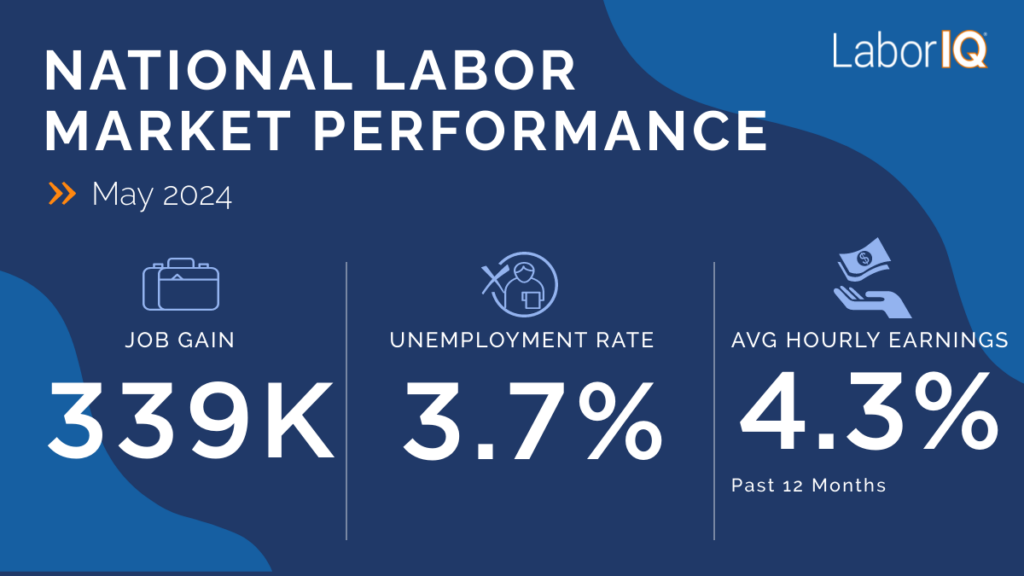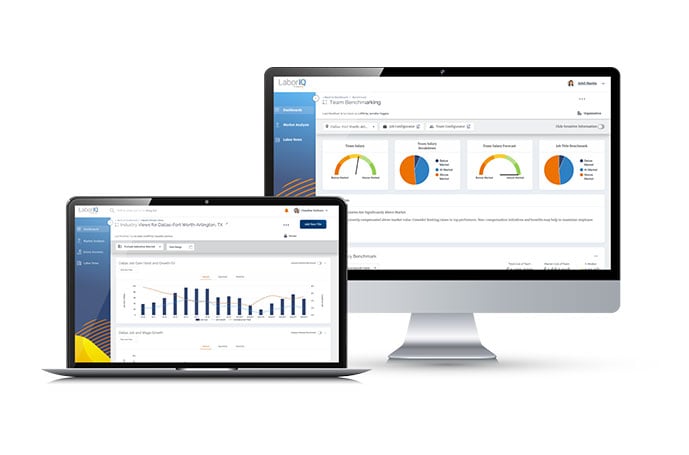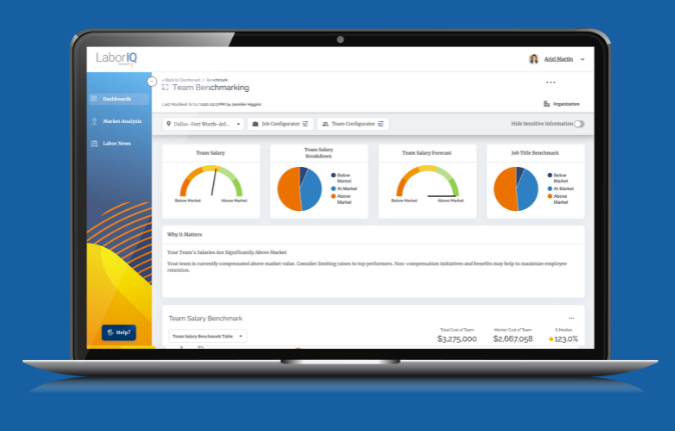What would you do if one of your best employees gave notice?
For 62% of managers, the answer is to make a counteroffer.
But is a counteroffer the right move to try and stop employees from leaving?
For many, the answer is “yes.”
This isn’t surprising considering the trajectory of the recruiting process and time lost at work. In addition, new employee training costs employers 213% of the annual salary to replace a senior executive.
That said, this article examines why a counteroffer could be the best option for employers. Let’s get started.
What’s a Counteroffer?
In short, a counteroffer is an offer made in response to another request.
So, for example, if an employee says they’ve been offered a new job with a certain amount of benefits or salary, a counteroffer would potentially match it. Or, even better, exceed it to entice the employee to stay.
Most employers want to keep their high-performing staff from leaving; as stated above, it’s more cost effective and does not disrupt business continuity. The counteroffer is a tool employers use to retain top talent. r, This could be in the form of a salary increase, extra benefits or a promotion.
Other reasons for employers to make counteroffers include:
- Minimizing the cost of recruiting and training a replacement.
- Not giving work to other team members and potentially causing workload issues.
- Retaining the employee’s knowledge of the company, processes and customers.
- Maintaining morale and team relationships.
Reasons Employees Might Leave
There are many reasons why an employee may decide to leave their current position. However, knowing the specific reason(s) behind this decision can help employers prevent this from happening with other staff members. They may even be able to prevent the employee from leaving if they can resolve the issue.
That said, here are some of the most commonly cited reasons:
- Salary increases: According to one study, 39% of people who make a career change do so for increased wages. Pay increases are typically 3%-5%, so be sure to bear this in mind when making a counteroffer.
- Lack of opportunity: Another study indicates 31% of people left their jobs due to a lack of opportunity. If employees don’t feel like their skills and experience are being used, they may feel bored and unchallenged in their position. Not progressing in their career could lead to discouragement and a desire for change.
- Work culture: Sometimes, the fit isn’t right, or they might feel the work environment is toxic, and for 12% of employees, this is the case. This may mean that no amount of pay increase, promotion or benefits can sway an employee to stay. If the work environment doesn’t suit them, chances are they won’t be convinced by a counteroffer. This is why it’s wise to look into this to identify components of the work environment that may need to change.
- Lousy management: For 22% of employees, bad management is the catalyst for change. It could be a simple matter of a personality clash or a broader problem with the manager. A manager who isn’t good at working with others, who isn’t approachable or perhaps doesn’t have the skills for the job could affect morale and employee trust.
Suppose your employee isn’t happy in their job role, work environment or the people they work with. In this case, an appealing counteroffer will not change things. In fact, one study suggests 50% of those who accept a counteroffer feel the same way again within 60 days.
With this being the case, it’s essential to know the reasons why employees want to leave. Then, you can assess whether it’s worth your while trying to keep them or whether you need to change certain aspects of the work environment to minimize this from happening again.
When to Make a Counteroffer
Keeping the above in mind, there are two questions an employer should ask an employee who wants to leave before making a counteroffer. These are:
- Do you like this company?
- Could you envision a future here if your immediate concerns are addressed?
Suppose the answer is ‘yes’ to both of these questions. In that case, you have something to work with, so it’s likely worth making a counteroffer. In contrast, if the answer is ‘no,’ you may have to consider letting them leave, as the chances of long-term retention are low.
To make a counteroffer, assess what your employee would get from the new job offer that they’re not obtaining from their current role. If you can match or improve these things, then your counteroffer will, in all likelihood, be accepted. In fact, research suggests that 57% of counteroffers are accepted by employees.
Counter Offering the Counteroffer
As we’ve noted, there are many reasons why an employee may decide to leave their position in favor of another. Learning why they want to go is essential in determining whether making a counteroffer is worth your while. Sometimes it is; it could save your company considerable time, money and effort. However, sometimes a counteroffer is ineffective, and letting them go could be the best option. As their employer you know their worth, so the question is, are you willing to change something to keep them or not? Over to you.
















